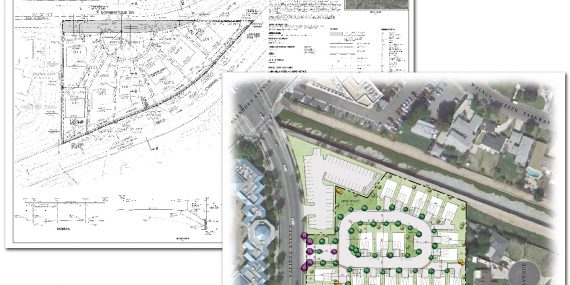1031 Exchange – Basics
Named after Section 1031 of the Internal Revenue Code (IRC), a 1031 exchange is a tax-deferred transaction that allows an investor to sell a property and reinvest the proceeds in a new property of like-kind without paying capital gains taxes on the sale at the time of the exchange. This provision applies to real estate and certain other types of property held for productive use in a trade or business or for investment. The tax liability is essentially rolled over into the replacement property. It’s important to note that while […]










